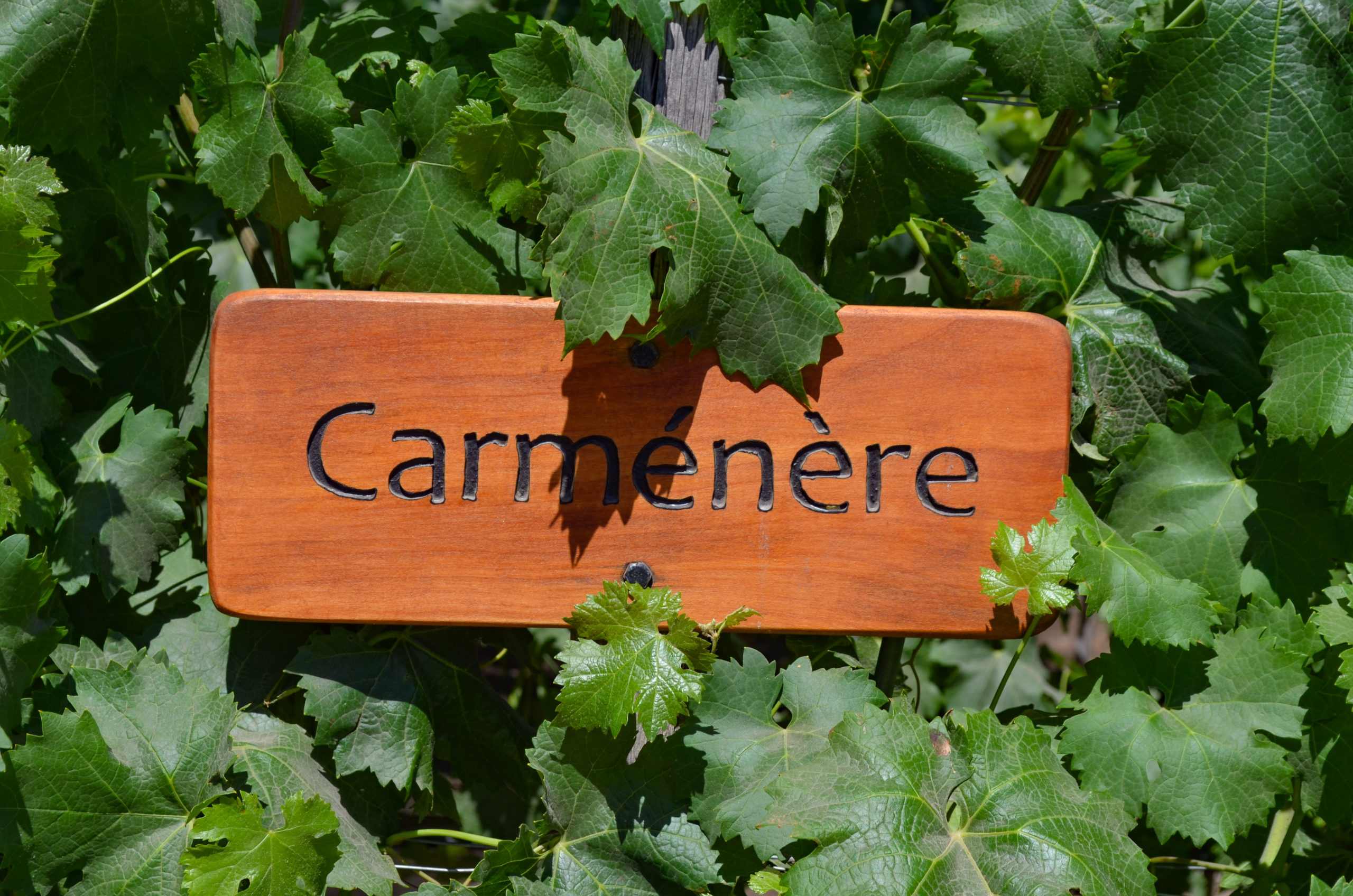November 24th is Carménère Day! Let’s look at 10 facts about this historic European grape!
- Being one of the older vitis vinifera of Europe, Carménère is thought to have been a favorite of ancient Romans, especially when produced in modern day Spain.
- The grapes origins are in Iberia, although it seemed to find its most famous home in the Bordeaux region of France.
- The Romans most likely planted Carménère in modern day Bordeaux. The original name for Bordeaux was Biturica, which some historians suggest was also an early name for the grape itself as the varietal is used as a blending grape in Tuscany under the name of Predicato di Biturica.
- Pre-phylloxera, all great Bordeaux wines, from first growths on down, all utilized Carménère in their blends, most commonly in Medoc, Graves, and the modern day Pessac Leognan region.
- Of all the great Bordeaux varietals, Carménère was the most affected by phylloxera, and while it was already a bit fickle to begin with (dealing with issues from mildew and bad fruit sets regularly), this time was the last straw for the Bordeaux, who decided to largely abandon the grape for wine production.
- Carménère has found a new home in Chile, where it was brought durring the phylloxera epidemic, but sadly was mistaken for Merlot for a very long time and only recently (1994 or thereabouts) deduced to what was actual Merlot vs. misunderstood Carménère to assist in better growths of both varietals in the country.
- Today, the largest planting of Carménère can be found in the Colchagua Valley of Chile, where the grape does very well in the warmer weather and extended growing season.
- The popularity of Carménère has grown so much in South America, that today, November 24th, is reserved to celebrate Carménère Day!
- China actually has a fair amount of Carménère planted, second most behind Chile in the world, and could be on track to surpass Chile’s growths.
- Carménère is a pyrazinic wine like Cab Franc and Cab Sauv, so you’ll need to enjoy the taste of bell peppers to fully enjoy a great and varietally correct Carménère.
Happy Carménère Day! Cheers!

